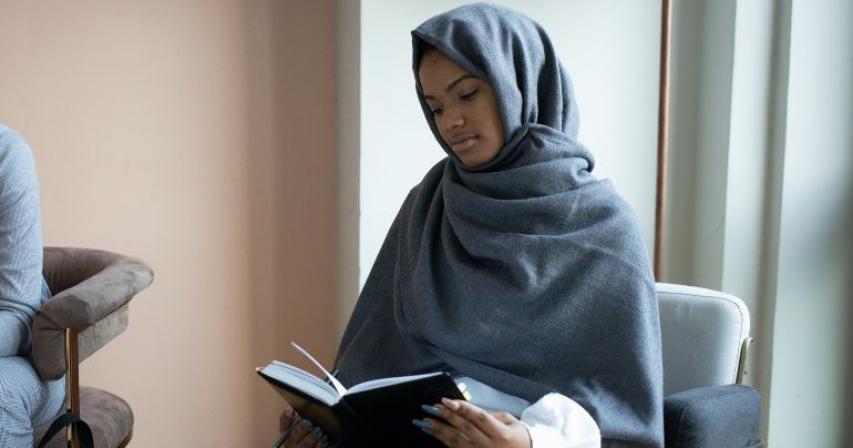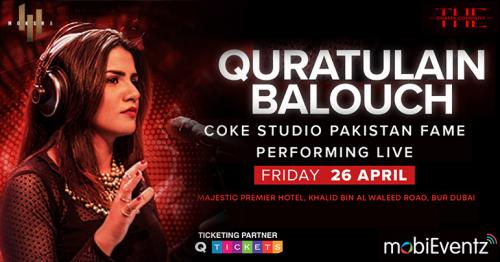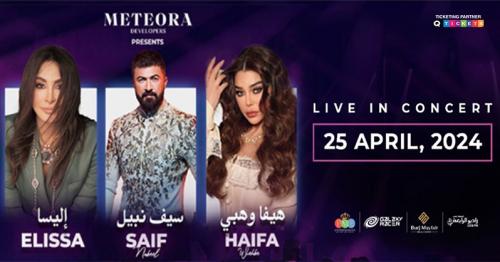The Islamic religion and traditional Arab culture

The Islamic religion and traditional Arab culture share a profound and inseparable bond that has shaped the history, values, and way of life of millions of people across the globe. Rooted in the Arabian Peninsula, the cradle of Islam, the region's rich cultural heritage has served as a fertile ground for the propagation and evolution of Islamic beliefs and practices. This article explores the fundamental connection between Islamic religion and traditional Arab culture, highlighting their mutual influence and contributions to the global community.
Islamic Religion: A Spiritual Beacon
The Islamic religion, founded by Prophet Muhammad in the 7th century CE, is a monotheistic faith centered around the belief in Allah as the one and only God. The Quran, the holy book of Islam, is considered the literal word of God and serves as the primary guide for Muslims in matters of faith, morality, and law. The Five Pillars of Islam—Shahada (faith), Salat (prayer), Zakat (charity), Sawm (fasting), and Hajj (pilgrimage to Mecca)—form the core tenets of the faith, providing a framework for spiritual devotion and righteous living.
Arab Culture: A Tapestry of Traditions
Traditional Arab culture is a tapestry of diverse customs, practices, and artistic expressions that have flourished for centuries in the Arabian Peninsula and surrounding regions. Family bonds are highly valued in Arab societies, and hospitality is a hallmark of their culture. Poetry, calligraphy, and storytelling are cherished arts, with oral traditions passing down history and knowledge from generation to generation. Traditional Arab music, dance, and cuisine also showcase the richness of their cultural heritage.
The Intersection of Islam and Arab Culture
The advent of Islam had a profound impact on Arab culture and transformed various aspects of their way of life. While pre-Islamic Arab societies were known for tribal divisions and conflicts, Islam promoted unity and brotherhood among its followers. The concept of Ummah, a global Muslim community, transcended tribal allegiances and created a sense of solidarity and mutual responsibility.
Language, too, played a vital role in the convergence of Islam and Arab culture. Arabic, the language of the Quran, became a unifying force, spreading throughout the Muslim world and influencing various local dialects and languages.
Islamic architecture also left an indelible mark on traditional Arab culture. The construction of mosques, madrasas (Islamic educational institutions), and palaces showcased the fusion of religion and artistry. Iconic structures like the Dome of the Rock in Jerusalem and the Alhambra in Spain stand as testaments to this amalgamation of faith and culture.
Arab scholars played a crucial role in preserving and advancing Islamic knowledge. During the Islamic Golden Age, which spanned from the 8th to the 14th centuries, Arab scholars made groundbreaking contributions in various fields, including mathematics, astronomy, medicine, philosophy, and literature. Their works were often translated into Latin and served as a bridge for transmitting ancient wisdom to the Western world.
Preservation of Tradition in Modern Times
Despite the waves of globalization and modernization, traditional Arab culture and Islamic values remain deeply rooted in contemporary societies. Arab countries continue to celebrate cultural events and festivals, such as Eid al-Fitr and Eid al-Adha, which are significant occasions for Muslims worldwide. Traditional garments like the abaya and thobe retain their cultural significance and are proudly worn by many.
Arab literature, art, and music continue to thrive and evolve. Renowned authors and poets weave stories that reflect the complexities of modern Arab societies, while contemporary artists blend traditional motifs with modern techniques to create captivating visual representations.
The close interplay between Islamic religion and traditional Arab culture has sculpted a dynamic and time-honored bond that transcends time and geography. This powerful amalgamation has shaped the identities and enriched the lives of millions of people around the world. The preservation of these interconnected traditions and values remains vital in fostering a deeper understanding of the Islamic world and its cultural heritage, promoting harmony, and building bridges of appreciation between different societies. As we move forward, it is crucial to celebrate and embrace this enduring legacy that has withstood the test of time
By: Doyal Arora





Comments